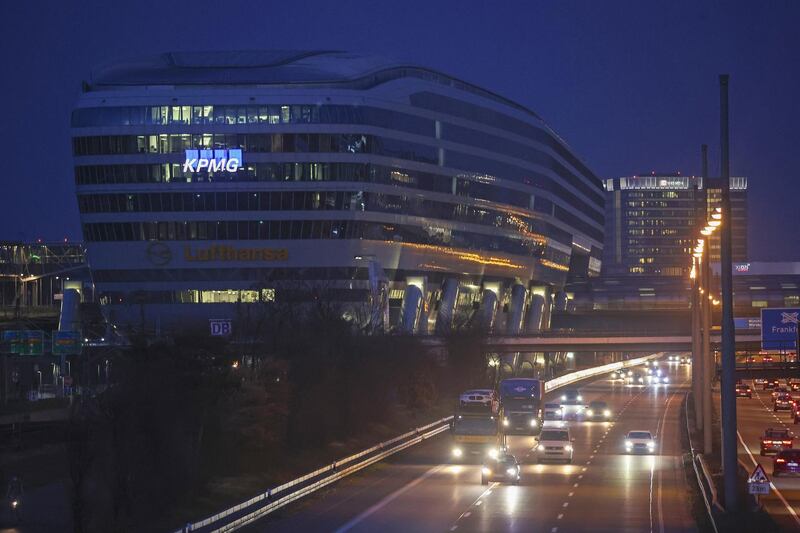About half of chief executives around the world do not expect business to return to normal until “some time” in 2022, according to a study by accounting firm KPMG.
This compares with 31 per cent of chief executives who expect that businesses will return to normal later this year, KPMG said in its 2021 CEO Outlook Pulse report.
The survey was conducted in February and March this year and asked 500 global chief executives about their response to the pandemic and their outlook over a three-year period.
Fifty-five per cent of respondents said they are concerned about employees’ access to a Covid-19 vaccine, which is influencing their outlook as to when employees will return to the workplace, while 90 per cent are considering asking staff to report for duty after they are vaccinated, the survey said.
However, 34 per cent are worried about misinformation on the safety of Covid-19 vaccines and the potential this may have on employees choosing not to be vaccinated.
“Before any major decisions are made, chief executives want to be confident that their workforce is protected against this virus,” said Bill Thomas, global chairman and chief executive of KPMG.
“The Covid-19 vaccine rollout is providing leaders with a dose of optimism as they prepare for a new reality."
Mr Thomas said chief executives are planning for scenarios in certain key markets that may experience vaccine shortages that could affect their operations, supply chains and people, leading to an uneven economic recovery.
A number of countries around the world have stepped up vaccination campaigns to reduce coronavirus infections. As of Saturday, more than 869 million doses had been administered across 155 countries, according to data collected by Bloomberg.
The survey also found that only 30 per cent of global executives are considering a hybrid working model for their staff, in which they would work remotely for two to three days a week.
As a result, only 21 per cent of businesses are looking to hire talent that predominantly works remotely – a significant shift from last year, when 73 per cent of companies hired talent to work from home.
During the Covid-19 movement restrictions, remote working became the norm, which posed new data security risks.
As a result, global business leaders identified cyber security as the top concern affecting their growth and operations over a three-year period, the survey said. Cyber security was named ahead of regulatory, tax and supply chain concerns.
“Workforce retention was the primary concern for the chief executives in our previous pulse survey," said Karen Watts, a partner for quality and risk and head of corporate affairs.
“However, this quarter’s findings indicate that chief executives have overcome this challenge and workforce retention is not among the top five concerns for chief executives. This transformation was possible because executives around the world focused on employee safety more than financial growth.”
Meanwhile, the survey also found that environmental, social, and corporate governance is a priority for businesses around the world.
With the coming Cop26 meeting in Glasgow in November and the US rejoining the Paris Accord, 49 per cent of respondents plan to put in place more stringent ESG practices while 89 per cent will focus on locking in the sustainability and climate change gains their companies made as a result of the pandemic.
Ninety-six per cent of global executives are looking to increase their focus towards the social component of the ESG programmes, the report said.
“The pandemic has also been a catalyst for chief executives to evaluate the role their companies play in society,” said Ms Watts.
“Today, many chief executives are talking about issues they may not have previously commented on publicly – from tackling climate change to supporting the diverse communities in which they operate.”








